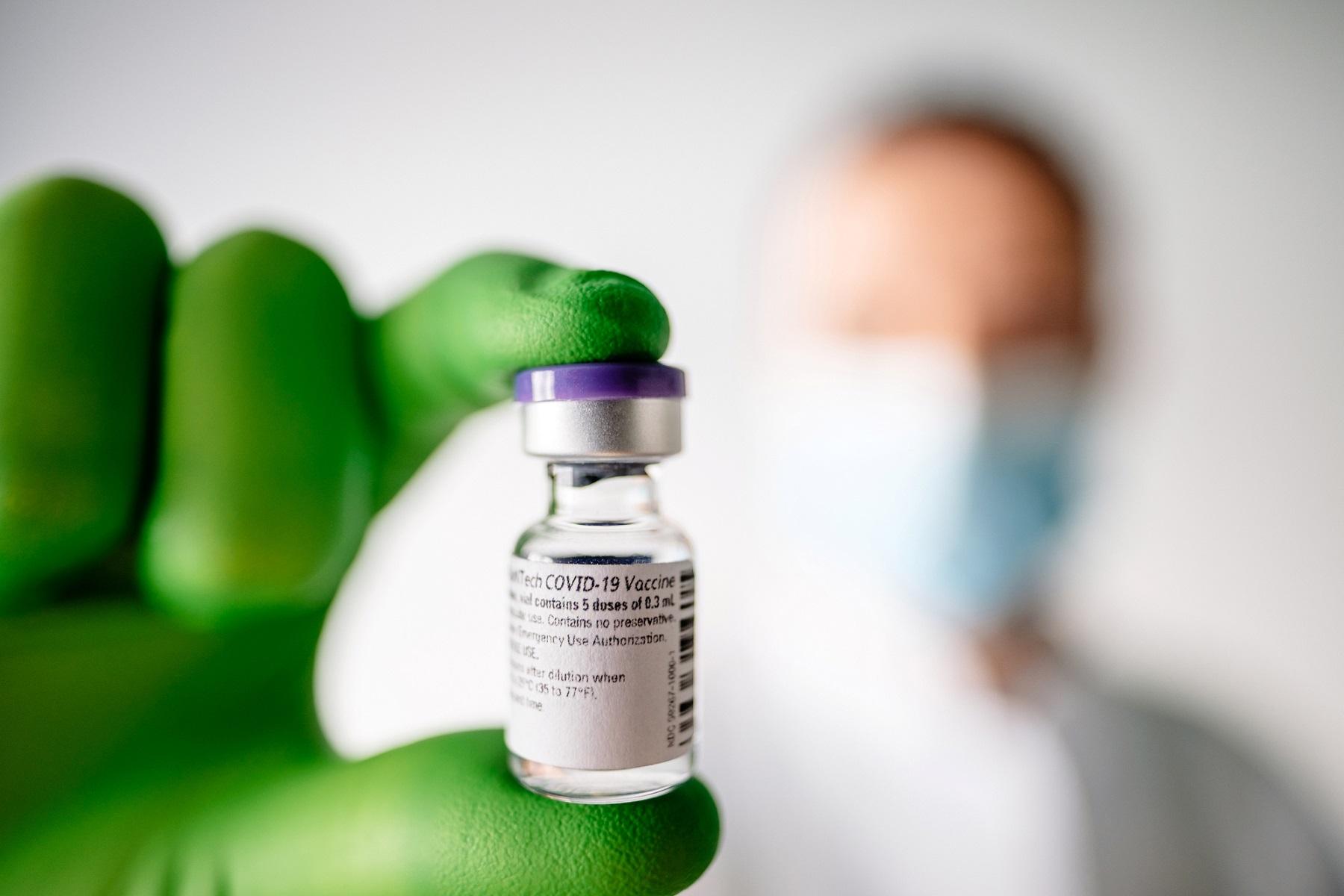DOH: Vaccine will prevent individual from getting severe infection

Getting a vaccine will prevent an individual from being severely affected by a disease, the Department of Health said Friday.
Health Undersecretary Maria Rosario Vergeire made the statement as the United Kingdom began its mass vaccination program against COVID-19 using the vaccine developed by Pfizer-BioNTech.
UK regulator Medicines and Healthcare Products Regulatory Agency (MHRA) warned that the said COVID-19 vaccine could cause allergic reactions to individuals who have food and/or medicine allergies.
“Sa ngayon, wala pong 100% na bakuna na makakaprovide ng 100% [protection]. Sa measles po, halimbawa, 93% po after first dose but this increases to 97% after second dose. Sa polio po, after three doses, it reaches 99%. Wala pa hong bakuna na nakakereach ng 100%, but these vaccines can prevent an individual from suffering from the severe form of the disease,” Vergeire said.
“Katulad po ng vaccines that we use on children, hindi po 100% but the vaccine will prevent further complications from the disease. Katulad po ng bakuna laban chicken pox, iyong iba na nabakunahan, nagkakaroon pa rin [ng chicken pox] pero in mild form na lang since the vaccine prevents the person from developing the severe type of infection,” she added.
Likewise, Vergeire said that having allergies is a common side effect of a new vaccine or medicine for that matter.
“Lahat ng bagong technology, may it be medicines or vaccines, common na side effect iyong allergies. Kaya nga tinatanong tayo ng mga doktor before we are given a medicine or vaccine, if we are allergic to something like food or drug we took before,” Vergeire said.
“Ang gamot o bakuna kasi ay foreign material na ipinapasok sa ating katawan. Pero the effect is different across different individuals. Hindi porket na-allergy ako, ma-a-allergy rin ang isang kasama ko. Kaya magkakaroon tayo ng inclusion and exclusion criteria [kung sino ang puwedeng tumanggap ng isang partikular na bakuna],” she added.
Health Secretary Francisco Duque III earlier said that COVID-19 vaccines will be available in the country by March and April 2021 in a best case scenario, with the first 20% of the population getting the first jab, including the health workers.
Ahead of vaccine availability, the Health department is expected to intensify its campaign on the benefits of getting a COVID-19 vaccine by next week, considering that a measles outbreak occurred in the country back in November 2018 because vaccine confidence was reduced from 92% to 33% amid the anti-dengue vaccine Dengvaxia controversy.
That staggering loss of vaccine confidence happened a year after officials of Dengvaxia manufacturer Sanofi announced that their vaccine posed a risk to those who were not infected by dengue prior to being injected with the vaccine.
The Philippines has recorded 445,540 COVID-19 cases so far. Of this number, 409,058 recovered while 8,701 died.
The number of active COVID-19 cases is at 27,781.—AOL, GMA News



